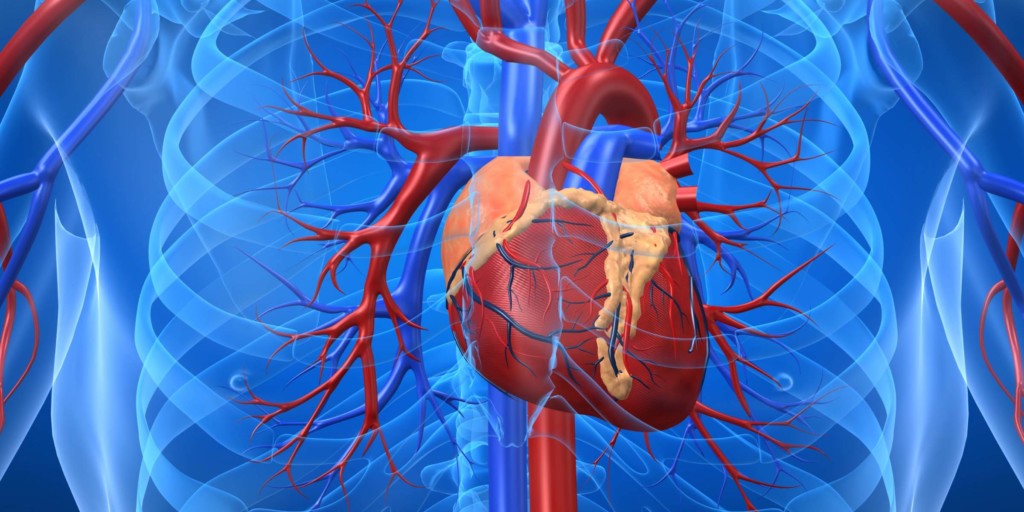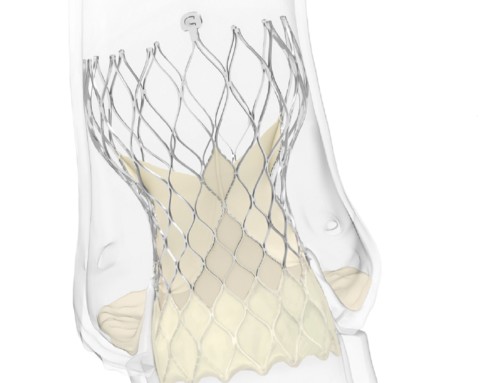
Procyrion has received Breakthrough Device designation by the US FDA for its Aortix system. According to a press release, Aortix is a circulatory support device for chronic heart failure patients on medical management who have been hospitalised for acute decompensated heart failure with worsening renal function.
Through the Breakthrough Device designation programme, Procyrion can expect prioritised review of its FDA submissions for the Aortix system. Additionally, the Centers for Medicare and Medicaid Services (CMS) recently proposed a new rule that would provide coverage and increase payments for medical devices designated by the FDA as breakthrough devices, so Medicare beneficiaries do not have to wait for access to the latest innovations.
The Aortix System is a percutaneous circulatory support device for the treatment of heart failure. The initial version of the Aortix device provides up to seven days of circulatory support for chronic heart failure patients who have been hospitalised for acute decompensated heart failure, have worsening renal function and are unresponsive to medical management.
According to animal studies and a six-patient first-in-human study, Aortix benefits both the heart and the kidneys based on its design and placement in the descending thoracic aorta. Aortix is designed to disrupt cardiorenal cycle in two ways: above the pump, it rests the heart by reducing aortic root pressure (afterload) resulting in increased cardiac output and decreased cardiac work; downstream, it provides increased blood flow to the kidneys resulting in increased urine output and a reduction in fluid overload. The device is placed via a minimally invasive catheter-based procedure that takes less than 10 minutes.
Keith Aaronson (Pitt Collegiate Professor of Cardiovascular Medicine and Medical Director of the Center for Circulatory Support, University of Michigan, Ann Arbor, USA) says: “With Aortix, we have a device innovation that truly warrants breakthrough designation for the treatment of acute decompensated heart failure patients with worsening renal function, a particularly challenging group of patients for whom outcomes are generally poor and treatment options limited.”





